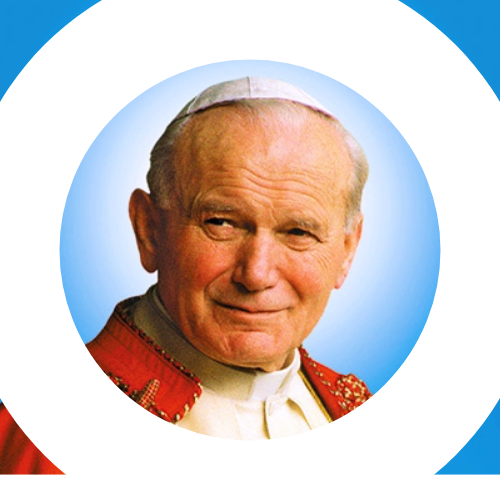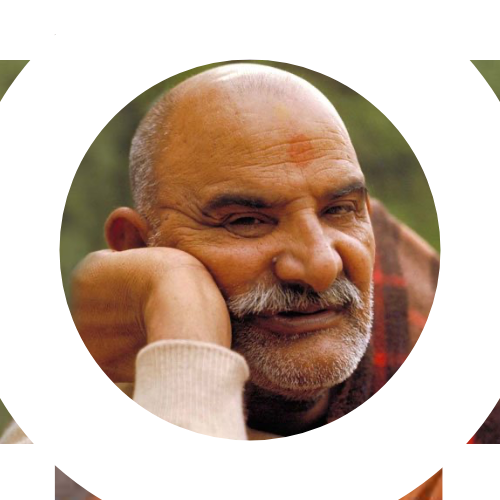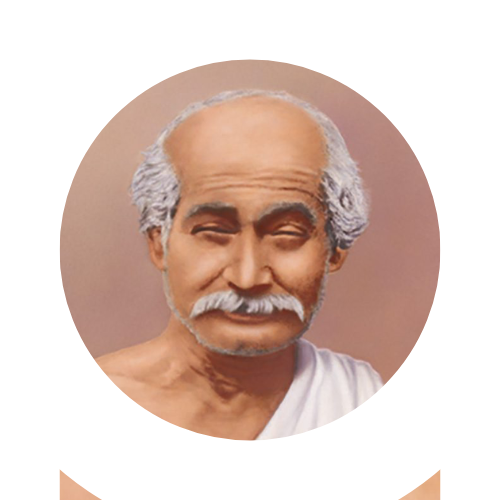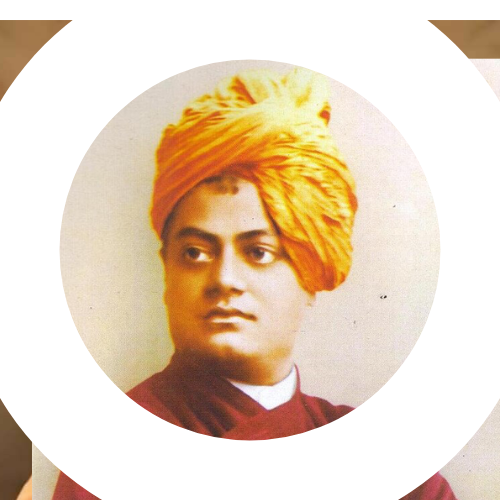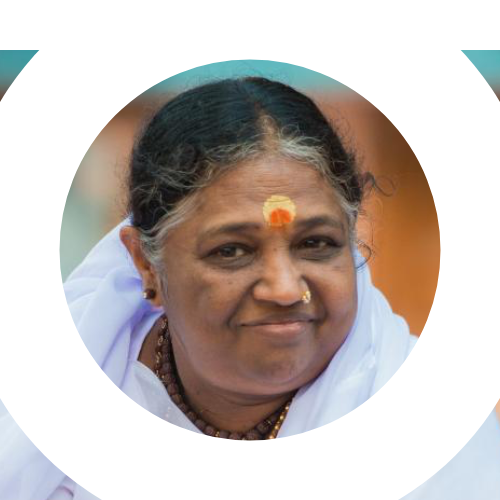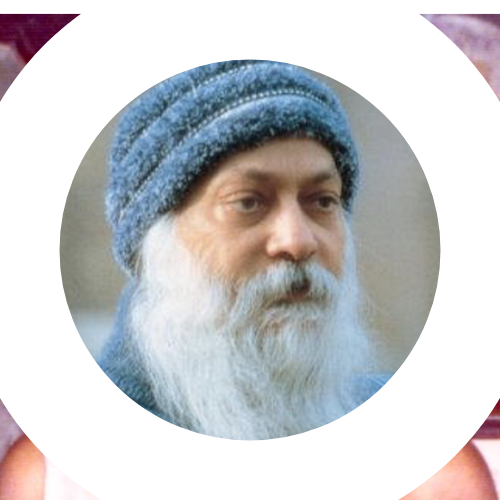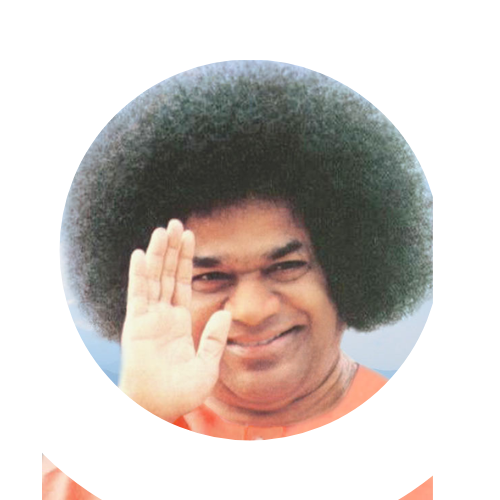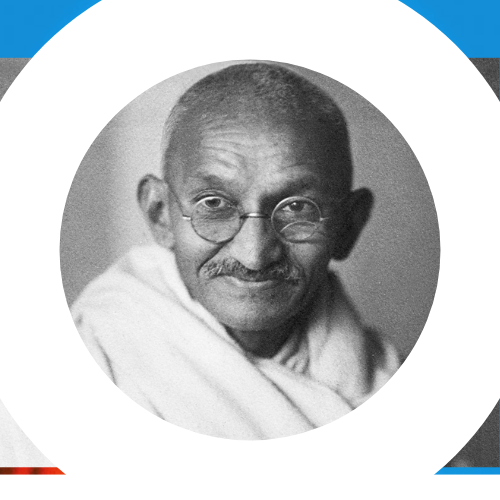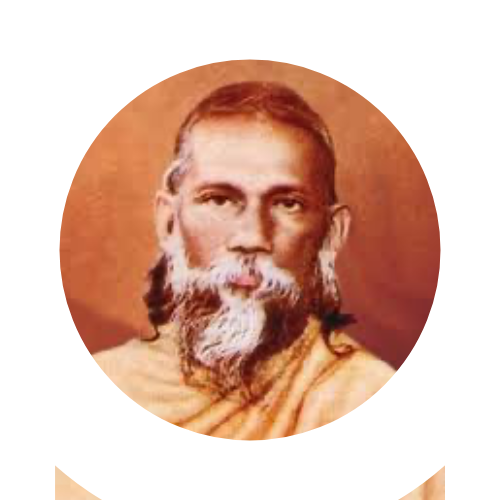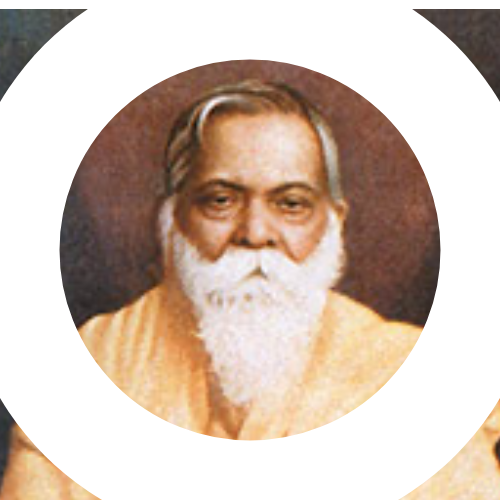Humankind, which discovers its capacity to transform and in a certain sense create the world through its own work, forgets that this is always based on God's prior and original gift of things that are. People think that they can make arbitrary use of the earth, subjecting it without restraint to their wills, as though the earth did not have its own requisites and a prior God-given purpose, which human beings can indeed develop but must not betray.
True freedom is not advanced in the permissive society, which confuses freedom with license to do anything whatever and which in the name of freedom proclaims a kind of general amorality. It is a caricature of freedom to claim that people are free to organize their lives with no reference to moral values, and to say that society does not have to ensure the protection and advancement of ethical values. Such an attitude is destructive of freedom and peace.
The Eucharist is not only a particularly intense expression of the reality of the Church's life, but also in a sense its fountainhead. The Eucharist feeds and forms the Church: 'Because there is one bread, we who are many are one body, for we all partake of the one bread' (1 Cor 10:17, RSV). Because of this vital link with the sacrament of the Body and Blood of the Lord, the mystery of the Church is savored, proclaimed, and lived supremely in the Eucharist.
With the persistence of tensions and conflicts in various parts of the world, the international community must never forget what happened at Hiroshima and Nagasaki, as a warning and in incentive to develop truly effective and peaceful means of settling tensions and disputes. Fifty years after the Second World War, the leaders of nations cannot become complacent but rather should renew their commitment to disarmament and to the banishment of all nuclear weapons.
No one else can want for me. No one can substitute his act of will for mine. It does sometimes happen that someone very much wants me to want what he wants. This is the moment when the impassable frontier between him and me, which is drawn by free will, becomes most obvious. I may not want that which he wants me to want - and in this precisely I am incommunicabilis. I am, and I must be, independent in my actions. All human relationships are posited on this fact.
If the aim is globalization without marginalization, we can no longer tolerate a world in which there live side by side the immensely rich and the miserably poor, the have-nots deprived even of essentials and people who thoughtlessly waste what others so desperately need. Such countries are an affront to the dignity of the human person. He further said, Ethics demand that systems be attuned to the needs of man, and not that man be sacrificed for the sake of the system.
Before our eyes we have the results of ideologies such as Marxism, Nazism and fascism, and also of myths like racial superiority, nationalism and ethnic exclusivism. No less pernicious, though not always as obvious, are the effects of materialistic consumerism, in which the exaltation of the individual and the selfish satisfaction of personal aspirations become the ultimate goal of life. In this outlook, the negative effects on others are considered completely irrelevant.
The inviolability of the person which is a reflection of the absolute inviolability of God, finds its primary and fundamental expression in the inviolability of human life. Above all, the common outcry, which is justly made on behalf of human rights—for example, the right to health, to home, to work, to family, to culture—is false and illusory if the right to life, the most basic and fundamental right and the condition for all other personal rights, is not defended with maximum determination.
Certain elements of today's ecological crisis reveal its moral character. First among these is the indiscriminate application of advances in science and technology. Many recent discoveries have brought undeniable benefits to humanity. Indeed, they demonstrate the nobility of the human vocation to participate responsibly in God's creative action in the world. Unfortunately, it is now clear that the application of these discoveries in the fields of industry and agriculture have produced harmful long-term effects.
Side by side with the miseries of underdevelopment...we find ourselves up against a form of superdevelopment, equally inadmissable. This superdevelopment consists in an excessive availability of material goods for the benefit of certain social groups and makes people slaves of "possession" and immediate gratification, with no other horizon than the multiplication or continual replacement of the things already owned with others still better. This is the civilization of consumption, or "consumerism," which involves so much throwing away and waste.
The Gospel of Life is not for believers alone: it is for everyone. The issue of life and its defense and promotion is not a concern of the Christian alone. Although faith provides special light and strength, this question arises in every human conscience which seeks the truth and which cares about the future of humanity. Life certainly has a sacred and religious value, but in no way is that value a concern only of believers. The value at stake is one which every human being can grasp by the light of reason; thus it necessarily concerns everyone.
For 2,000 years, the Church has been the cradle in which Mary places Jesus and entrusts Him to the adoration and contemplation of all peoples. May the humility of the Bride cause to shine forth still more brightly the glory and power of the Eucharist, which she celebrates and treasures in her heart. In the sign of the consecrated Bread and Wine, Christ Jesus risen and glorified, the light of the nations, reveals the enduring reality of His Incarnation. He remains living and real in our midst in order to nourish the faithful with His Body and Blood.
Laws which authorize and promote abortion and euthanasia are therefore radically opposed not only to the good of the individual but also to the common good; as such they are completely lacking in authentic juridical validity. Disregard for the right to life, precisely because it leads to the killing of the person whom society exists to serve, is what most directly conflicts with the possibility of achieving the common good. Consequently, a civil law authorizing abortion or euthanasia ceases by that very fact to be a true, morally binding civil law.
Every scientist, through personal study and research, completes himself and his own humanity. ... Scientific research constitutes for you, as it does for many, the way for the personal encounter with truth, and perhaps the privileged place for the encounter itself with God, the Creator of heaven and earth. Science shines forth in all its value as a good capable of motivating our existence, as a great experience of freedom for truth, as a fundamental work of service. Through research each scientist grows as a human being and helps others to do likewise.
Motherhood involves a special communion with the mystery of life, as it develops in the mother's womb. The mother is filled with wonder at this mystery of life, and 'understands' with unique intuition what is happening inside her. In the light of the 'beginning', the mother accepts and loves as a person the child she is carrying in her womb. This unique contact with the new human being developing within her gives rise to an attitude towards human beings - not only towards her own child, but every human being - which profoundly marks the woman's personality.
